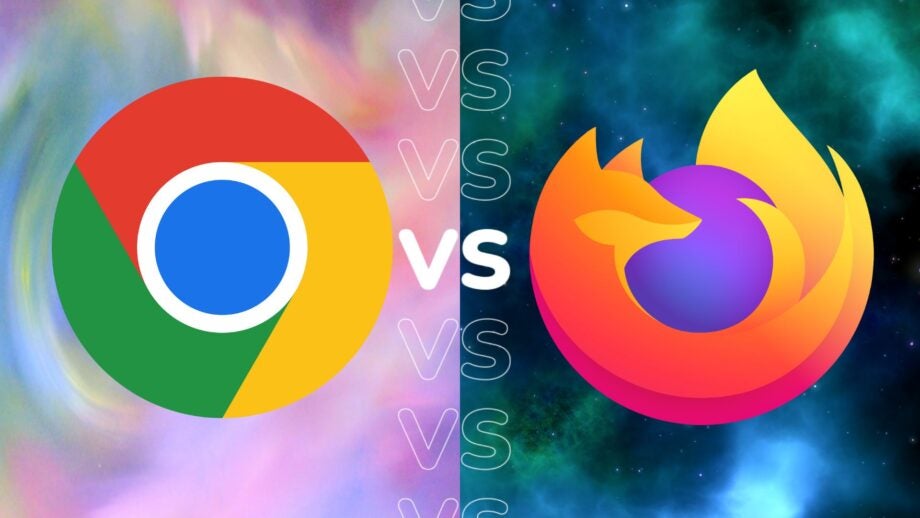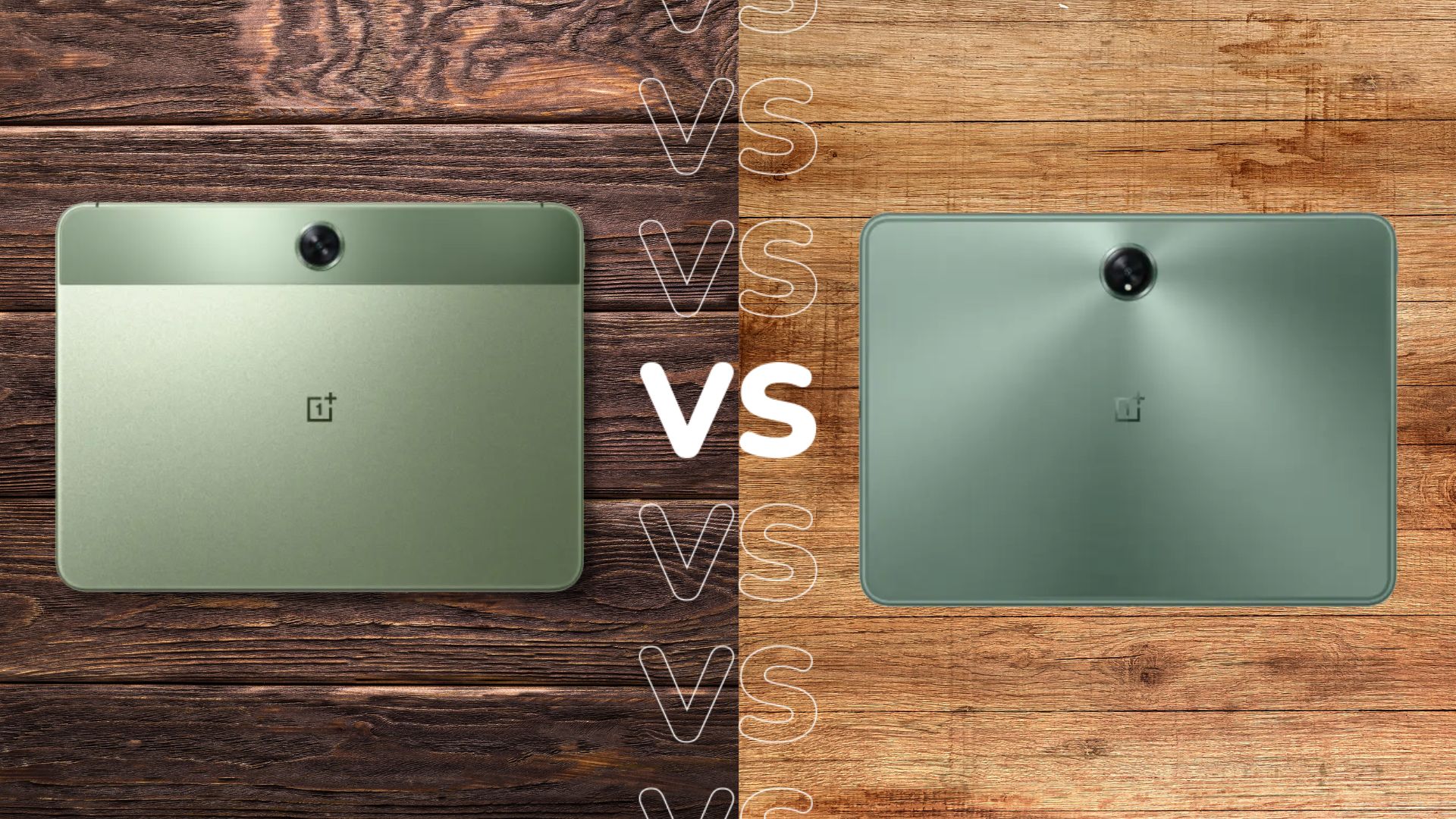Google Chrome vs Mozilla Firefox: Which browser is best?

There are a lot of browsers to choose from these days, especially now Microsoft Edge has got its house in order over recent years. An age-old battle in the internet era is Chrome vs Firefox. Here are the key differences.
Microsoft Edge and Google Chrome don’t have a whole lot of differences these days, with both browsers based on Chromium. Mozilla’s Firefox stands out in a market of plenty of Chromium-based apps, using the company’s own Quantum engine.
Firefox is quite unique in being run by a non-profit organisation too, that being Mozilla, compared with huge brands like Google and Microsoft.
These key points of differences make Firefox one of the more intriguing options for your browser choice. However, what are positives for some may be viewed as negatives for others. Let’s dive in and see how Mozilla’s browser stacks up against Google’s.

Save 81% on a VPN with SurfShark
Surfshark has dropped the price of its VPN to £1.94 a month. Head over to Surfshark now to pay a one time price of £46.44 for 24 months of Surfshark and save 81%.
- NordVPN
- 81% off
- £1.94 a month
There are more extensions for Chrome
A big benefit of being Chromium based is the access Google Chrome has to extensions. The range of extensions and add-ons that Firefox offers is by no means paltry but, for sheer choice, Chrome wins here.
If customising the look of your browser experience is something you’re into, then Google offers more choice of themes as well.
Firefox appeals with user-friendly features
Chrome and Firefox offer plenty of security and privacy features but Mozilla’s browser may catch the eye of those less keen on the tracking-heavy world we live in today.
Firefox offers many privacy and security features by default, rather than requiring that you delve into settings to ditch specific tracking options and the like. For example, Firefox blocks third-party trackers by default in everyday use. Third-party tracking involves collecting your browsing data across multiple sites, typically for advertising purposes. In Chrome, you have to enter Incognito Mode and then choose to block these trackers before this is implemented.
Mozilla’s browser also offers Enhanced Tracking Protection. With this setting on, Firefox will block all trackers that it detects.
Less of a privacy or security setting, but something that will be a welcome addition for many, is the ability to block the pesky auto-playing of videos too.
They deal with tabs differently
Google Chrome hasn’t innovated much in the way of tab management over recent years. Microsoft Edge has introduced vertical tabs and Firefox has a simple solution for avoiding muddled clutter.
Rather than leave you to interpret logos as text is cut off as your number of tabs increase, like Chrome does, Firefox simply keeps the name of the tab as full length and requires you horizontally scroll through the tabs. It’s an extra step but it makes quick navigation slightly easier.
Chrome will win for Google fans
Many will use Chrome because of how integrated it is with the Google ecosystem. If you love using Google’s suite of apps and taking advantage of things like Chromecast, you may have already made your decision here and no interesting features Firefox can offer over Chrome will sway you.







